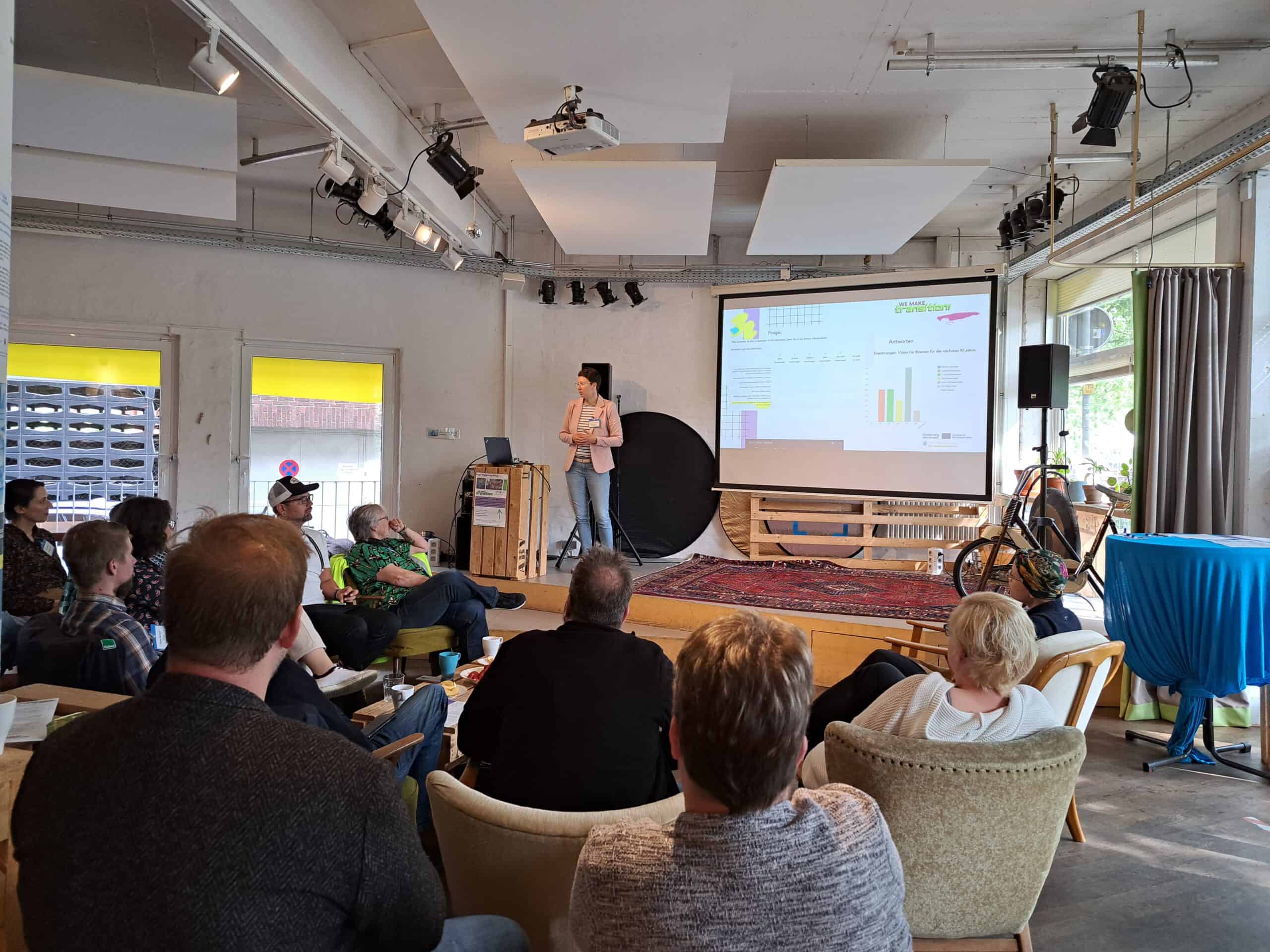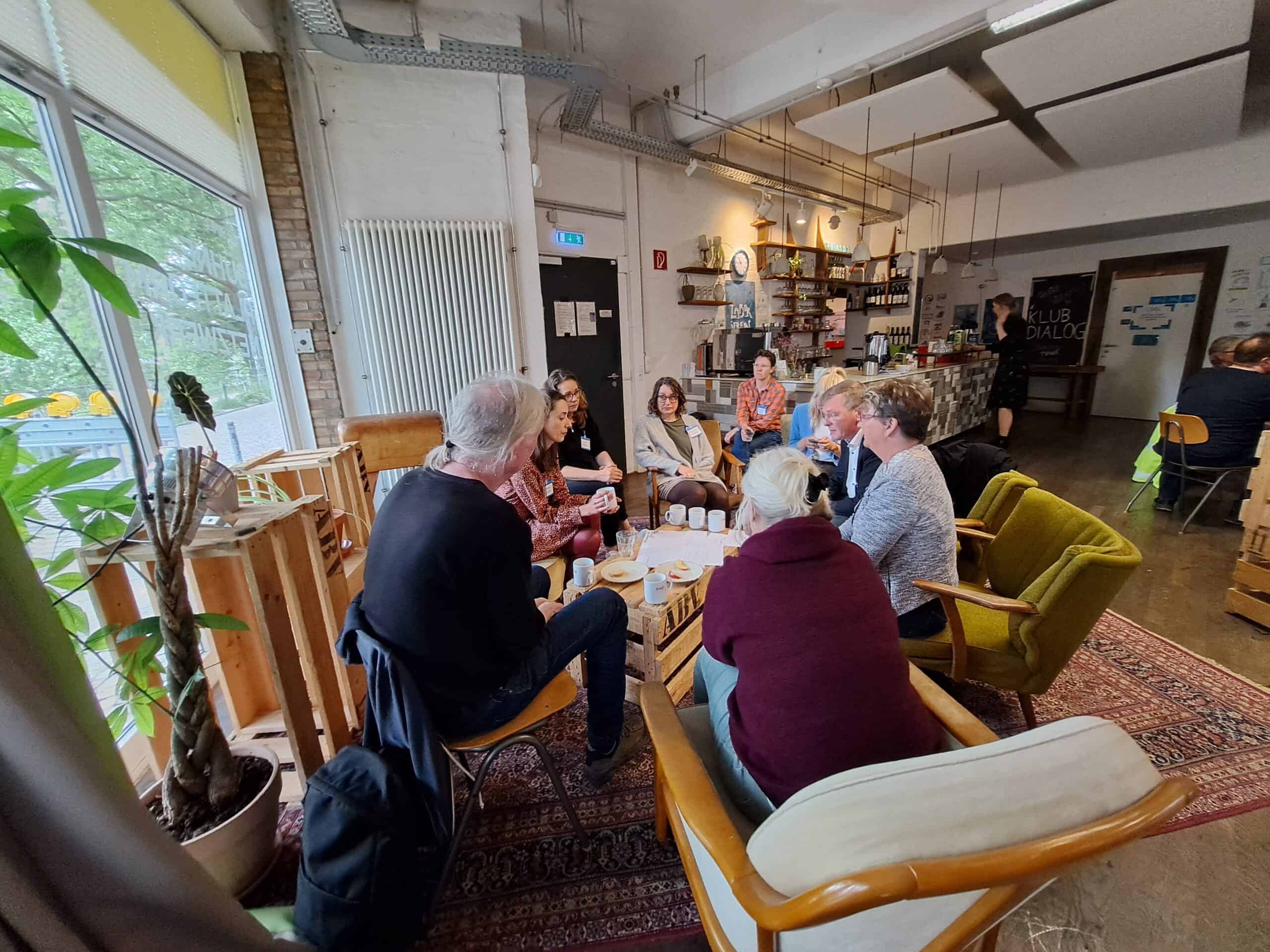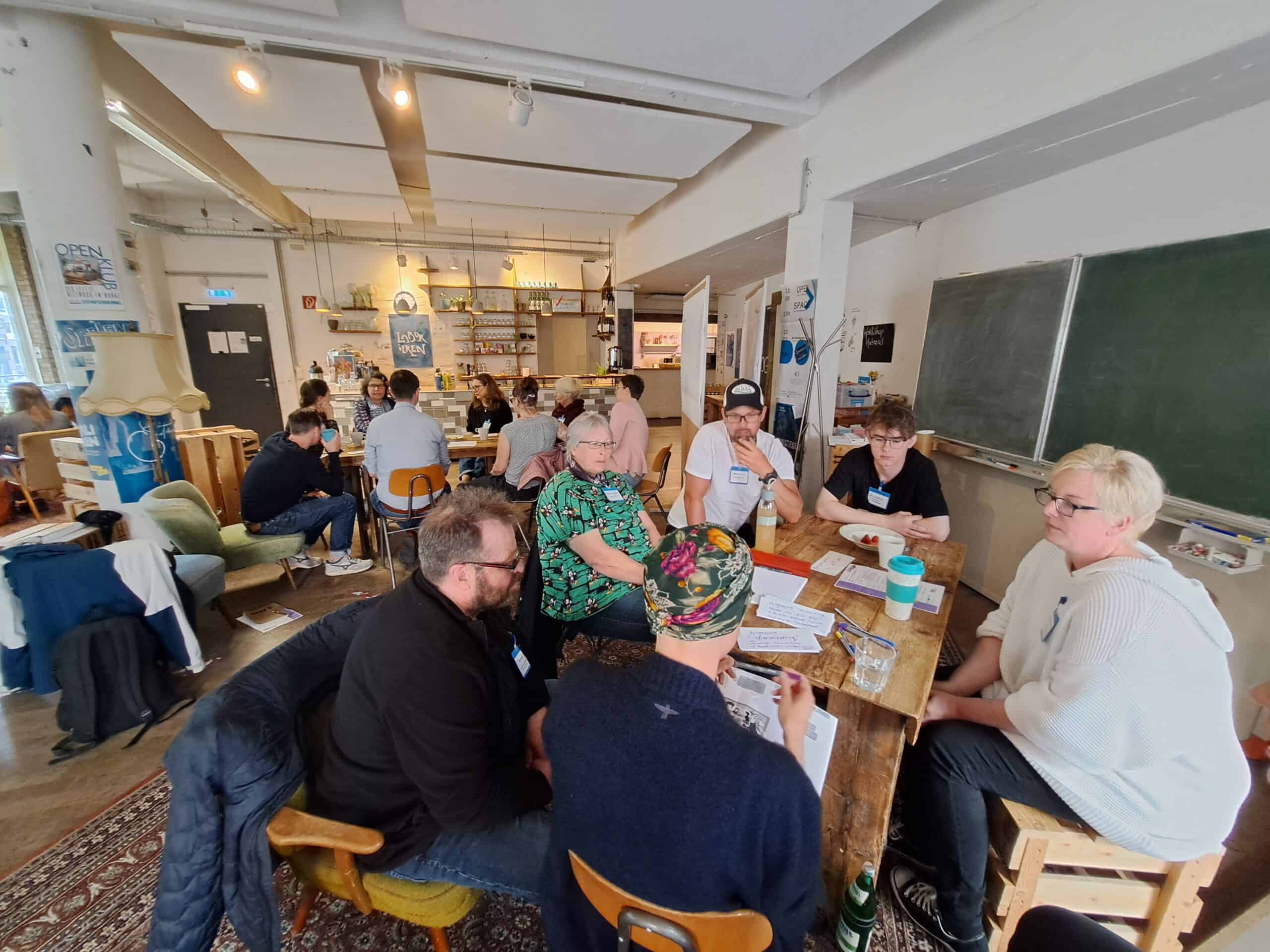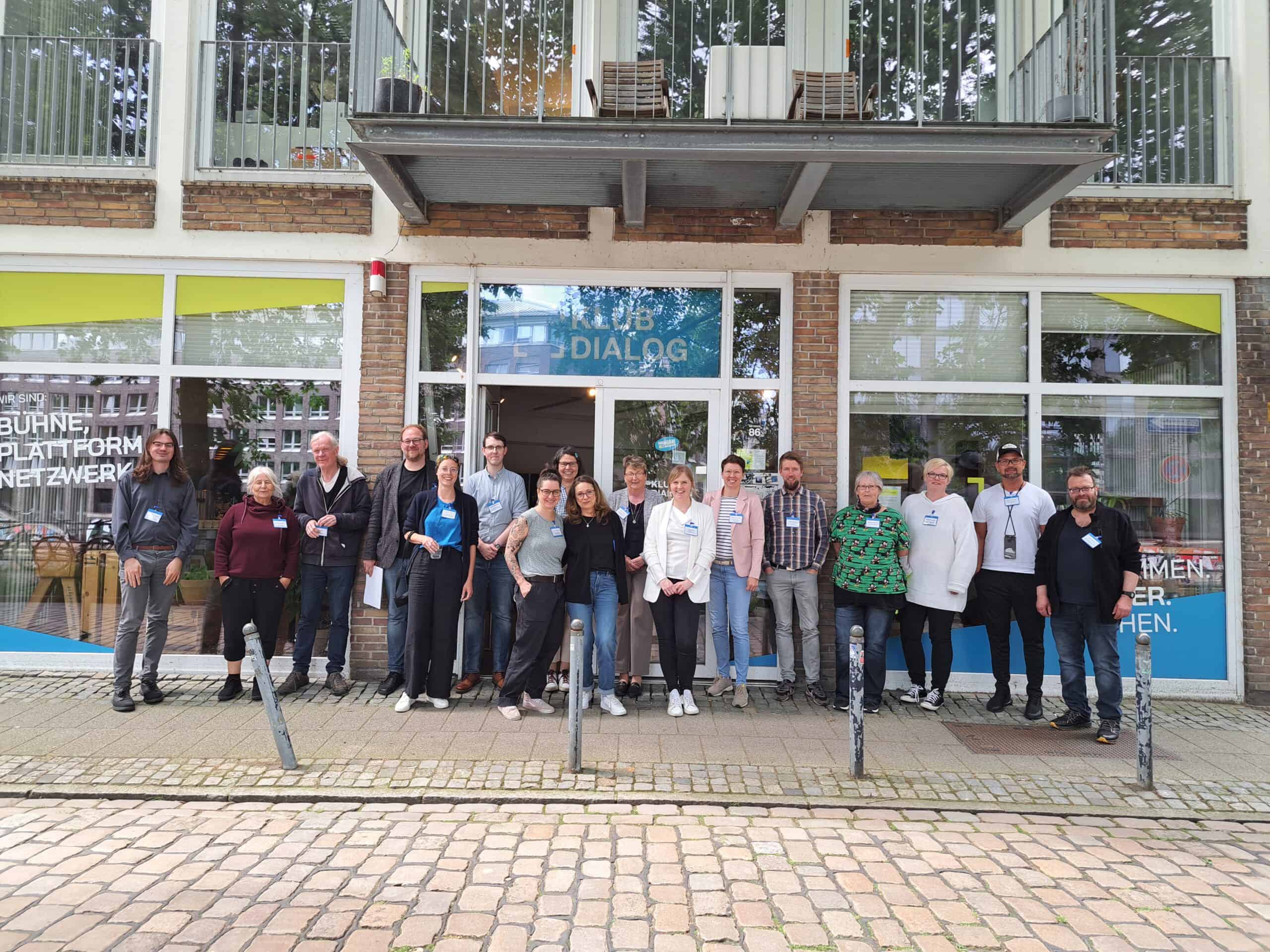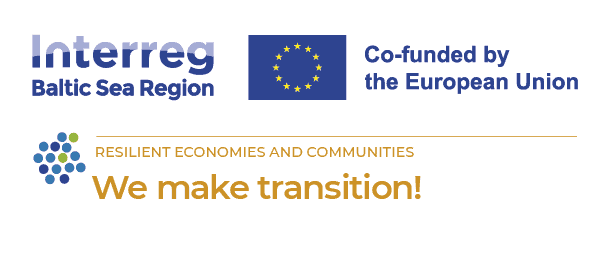
Organic Food Transition in Bremen Schools
03 February 2025
An intensive two-day transition arena workshop was implemented in June 2024 by the Bremen University and Biostadt Bremen – a city-state initiative of the Federal State of Bremen. As a result, a path towards nutritious and healthy organic food in Bremen schools for 1 EUR per child was agreed. After the workshop, a wider exchange and empowering of parents, pupils, cooks, caterers, politicians and public administration was organized to take the first steps.
The workshop participants were catering organizations, representatives of political parties, a teacher, cooks, pupils, local farmers, parents, representatives of food associations, Kitchen Forum (Competence center for sustainable nutrition) and BioStadt Bremen.
Identified challenges
The arena process was based on the “Action Plan on Healthy nutrition in the municipality of Bremen” of the Federal State of Bremen with the aim to increase the share of organic food in public catering up to 100%.
The quality of lunch varies greatly from school to school in Bremen. Some children do not eat enough or do not eat at all in school. Many parents complain about the quality of the food. Only a few schools achieve the goal according to the Action Plan 2025. Old non-flexible contracts between the schools and catering organisations/wholesalers make it difficult for schools to focus on ordering local, organic and healthy ingredients.
The transition arena process
The University of Bremen planned the process with BioStadt Bremen that is responsible for carrying out and monitoring the Action Plan 2025.
The workshop participants used adapted creative workshop methods to develop the vision and future pathways together. They first created a vision of the future for one exemplary child (Pauline) using guided questions (“What is eaten by the children? How is it made? Where is it stored?”). The participants then created role profiles (farmer, parents, kitchen, children) and asked what motivates these actors (in their roles) and what goals they pursue. On the basis of these images for Pauline and the role profiles, the participants worked out the various steps that are important to reach the future images using the backcasting method.
Results and how they will be utilised
The key results of the Bremen organic food transition arena are the following:
– A stronger exchange and information flow between pupils, parents, schools, kitchen and public administration.
– Nutrition and food should become a state-wide educational task. This could be in the form of a subject in specific grades in school, included in other subjects such as biology and introduced in school curricula gradually.
– Prioritisation of organic food in politics, especially the education authority.
In order to make the vision happen, an operator of school provision needs to be decided: should school provision be private, should it be state-wide, should it be managed by an NGO? Another next step is to secure funding and ensure more flexible contracts.
The food provision in schools is dependent on many actors that need to work together. The first steps have been taken to improve the exchange and information flow between pupils, parents, schools, kitchen and public administration. After the arena workshop, a wider meeting with these actors was organised to plan a pilot in 1-2 schools that will offer organic, seasonal and regional food at 1 EUR per child. In the meeting a school class cooked for all participants. Two cooks taught the children the organic recipes and cooked with them.
The arena of sustainable food in Bremen has clarified the next steps and formed a highly committed group of various actors to work for getting more organic food in schools.






